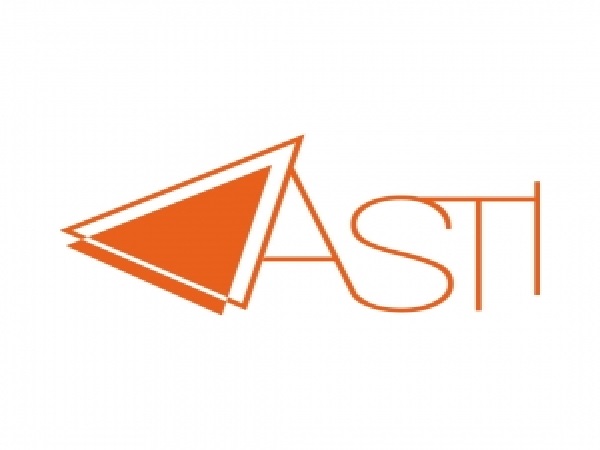
ASTI, the association for migrant workers in the Grand Duchy, has urged the Luxembourg government to take additional measures aimed at supporting the most precarious workers during the current (COVID-19) coronavirus pandemic.
According to ASTI, a crisis situation always weakens those who are in a precarious situation, and the current coronavirus pandemic is no exception.
The current employment situation in Luxembourg features an increasing number of temporary agency workers. These workers, numbering 2,500 if only residents over the past four years are taken into account, constitute one of the groups most exposed to the negative economic consequences generated by the current situation, their occupation being intimately linked to the economic activity of companies.
ASTI added that there is also the group of room tenants in cafes and restaurants, which mainly consists of migrants who are often newcomers to Luxembourg. The association has argued that, in the absence of a reception policy in line with the growth model in Luxembourg, these workers are forced to find accommodation in precarious conditions, sharing a toilet with others and often lack access to a kitchen. In groups of ten to twenty people per cafe, these women and men are now forced to share a very narrow space, in rooms smaller than ten square metres.
Some cafe owners continue to serve them meals in their rooms, while others have suspended their kitchen service, leaving the remaining tenants to fend for themselves, according to ASTI. This situation forces these workers, most of whom earn less than the minimum social wage, to obtain meals for delivery or takeout or cook in their bedrooms, with all the associated health and safety risks. However, the rents paid by these tenants constitute the only income at present of the many cafe-owners forced to close their business. They thus indirectly contribute to their survival, maintained the association.
These groups of precarious workers, some with partial unemployment rights, others not, are often alone without families in Luxembourg.
ASTI also recalled that there is another group of people, working without legal authorisation, especially in catering and construction, who are now destitute and have no social safety net.
Consequently, ASTI has called on the Luxembourg government to take the necessary decisions to support these groups of precarious workers in Luxembourg in the following ways:
- by considering the groups of tenants of the same cafe as a household. This would allow them to frequent the common spaces of the buildings (since they already share the toilets) and thus reduce the psychological impact of confinement;
- to find a solution compatible with their low income in the case that they are unable to use the commercial kitchen of their accommodation;
- to grant all residents of Luxembourg who have worked in the country in the last six months prior to the state of emergency access to Social Inclusion Income (revenu d'inclusion sociale, REVIS) as a minimum guarantee of survival in the event of unemployment after the crisis.








